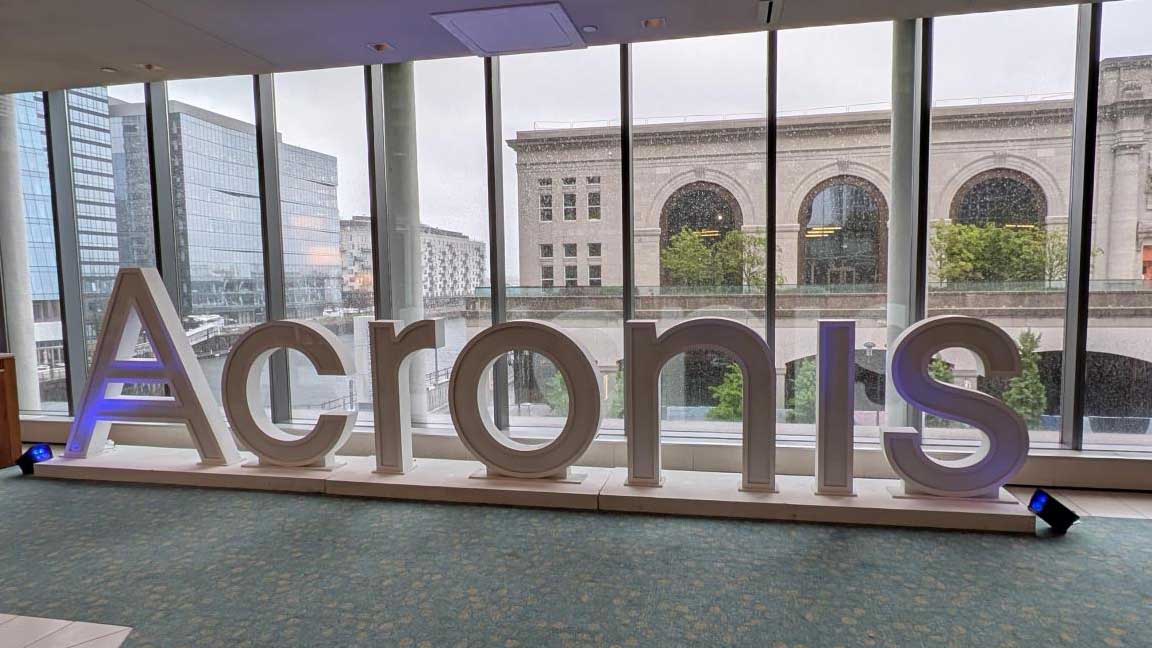A new survey by ABBYY, a global leader in Enterprise Content IQ, shows almost half of office workers would be happy to have robots do parts of their job that they dislike. The survey also revealed that staff would love to hand over tasks such as reviewing long documents, data entry, electronic filing, and even attending meetings.
About half (49%) of those who hate reviewing documents spend a whole day a week doing so, while 40 percent who detest going to certain meetings also clock up a day or more of their time attending them.
However, not all respondents had faith in a new digital coworker. About one-in-three would not delegate any work to AI (27%), and a third do not feel AI could do a better job than them on any task (32%).
“The survey tells us that workers tend to procrastinate on admin tasks while tackling communication work immediately. Staff are more likely to do value-added work right away, such as speak to customers, communicate with colleagues, attend meetings and take notes, while pushing off admin duties such as expenses and time tracking for a day or more,” stated Bruce Orcutt, senior vice president of Product Marketing at ABBYY. “With the advent of AI capabilities entering personal lives, workers are now ready to trust simpler tasks they hate to a robot. Fortunately, advanced cognitive technologies have entered organizations that can not only automate manual tasks but digitize and analyze unstructured or semi-structured content to help workers make valuable business decisions.”
Top Tasks US Workers Hate Most:
- Reviewing long documents (20%)
- Attending certain meetings (20%)
- Speaking to their bosses (16%)
- Speaking to customers (15%)
Top Tasks US Workers Want to Delegate to Robots
- Inputting data/data entry (18%)
- Checking/updating inventory (15%)
- Electronic filing (15%)
Top Tasks US Workers are Less Likely to Delegate to Robots
- Speaking to a customer (12%)
- Speaking to their boss (10%)
- Communicating with colleagues (6%)
The survey was developed by ABBYY and conducted by an independent research firm the week of February 25, 2019, among 2,000 working adults in the US. The survey looks at the impact of automation, robotics, and digitalization on working attitudes.














